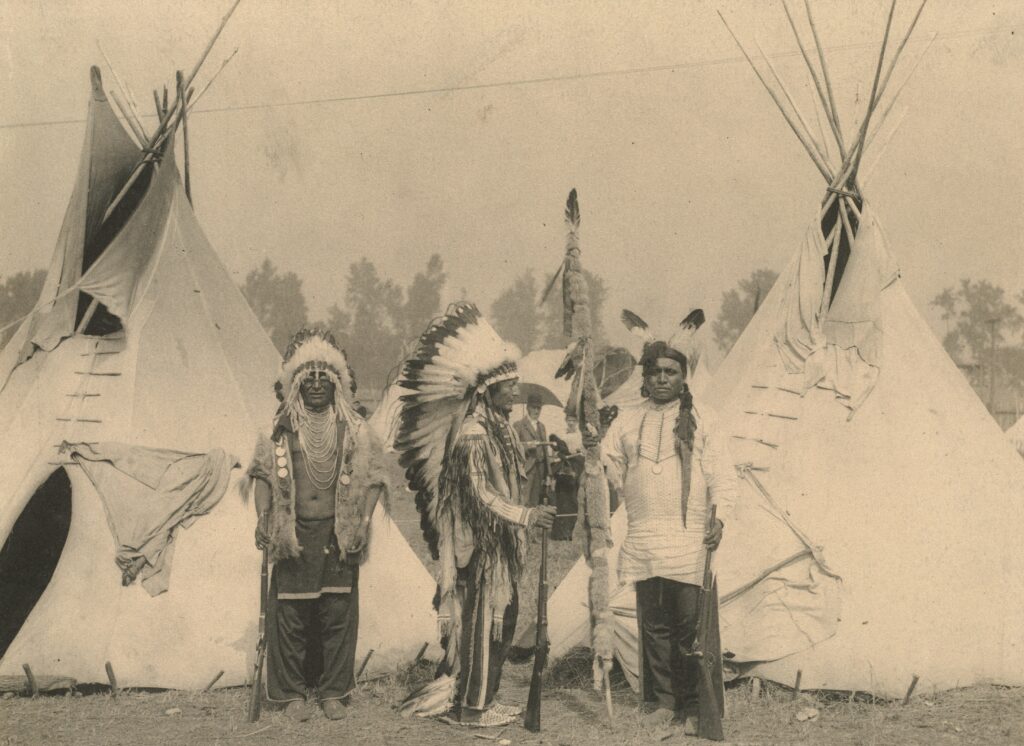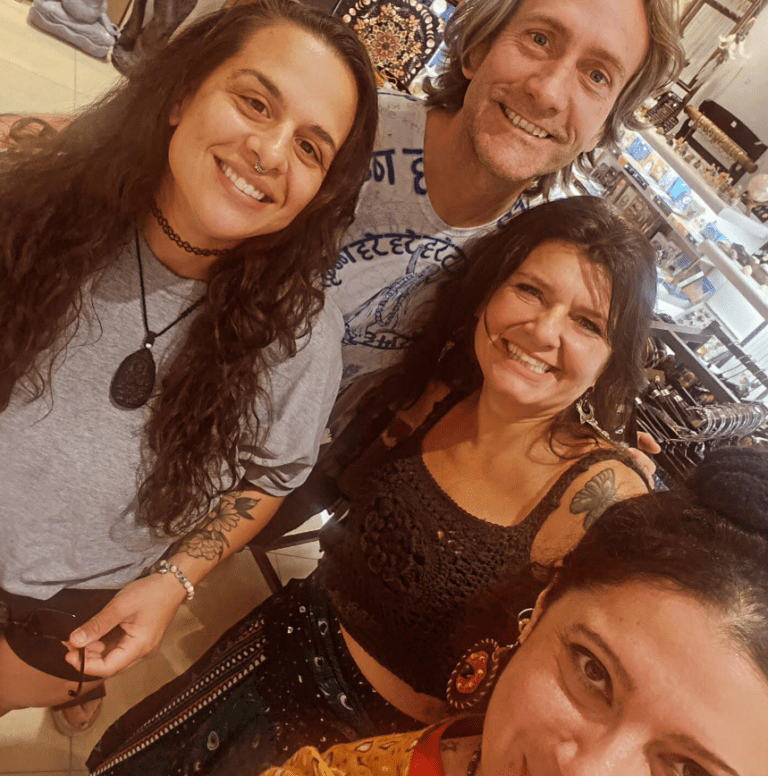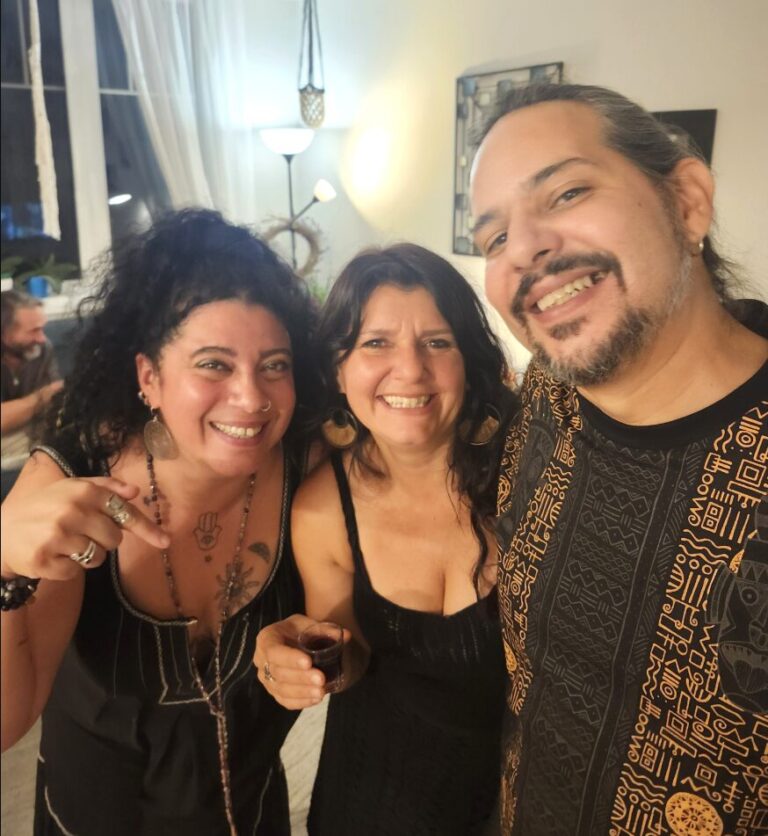
“when your innocence is stripped from you, when your people are denigrated, when the family you came from is denounced and your tribal ways and rituals are pronounced backward, primitive, savage, you come to see yourself as less than human. that is hell on earth, that sense of unworthiness. that’s what they inflicted on us.” – Richard Wagamese, Indian Horse
When I was in the 11th grade, the Ontario school system began to roll out a new program to be seen in English classes across the province as an alternative to the traditional Canadian English curriculum. What was once ENG3U slowly became ‘English: Understanding Contemporary First Nations, Métis, and Inuit voices’ or NBE3U.
And in my life at the time, as a young teenager going from frequently making edgy racist jokes online to taking up an interest in progressive politics and social justice, what I’d come to learn in NBE3U would forever change my perspective on what it means to be an ethical member of society.
This all culminated in my reading of the topic of this article, the novel that my course was largely centred around, Richard Wagamese’s Indian Horse(2012).
Led by the instruction, open discussions, and critical learning plan of a wonderful teacher that I was never able to build a relationship with due to COVID, Indian Horse had been the first piece of school-assigned literature that I had thoroughly enjoyed in years at that point – I went as far as to practically force my mother to read it.
There’s something so touching about Indian Horse, and I think that after I’ve let it sit for 3 years, I finally get it; this is a fictional story but it’s rooted in real trauma.
And I don’t mean this in the sense that these are fictional events that are based on real horrors (although that is true). Rather, I mean that Wagamese could not have wrote this novel if he was a white man. Explicit or not, this book is based on Wagamese’s personal family trauma. Without the perspective of both of his parents having been forced into residential schools, Wagamese could not have wrote a story so tethered to the tragic truth of life for Indigenous Canadians.
In understanding that Indian Horse was a way for Wagamese to vent, in understanding that the quote I opened this article with is not just the words of the novel’s protagonist Saul,but also the feelings of the real Wagamese, the tragedy of Indian Horse is that much more resonant.
Understanding and feeling just how damaged Wagamese must’ve been to tell this tale played a huge role in the shift in my social views and political principles. Indian Horse had such a vivid commentary on generational trauma both in fiction and in reality that it ended up playing a crucial role in how I’ve viewed race issues in my life as a politically inclined adult.
haven’t gotten deep into any details of the novel; this is not a mistake. I would recommend that anybody reading this review who has not read Indian Horse put down every major career endeavour for a few days to get through this masterpiece of a novel – and I don’t want to spoil any of it.
You may now be thinking: “Mateo, you’re a movie reviewer! Why haven’t you discussed the Indian Horse movie yet?”
Truthfully, that’s a great question that I’m woefully unequipped to answer. But since this is, in fact, supposed to be a movie review, I will briefly touch on my views regarding the Indian Horse film.
Directed by longtime Clint Eastwood crew member Stephen Campanelli, Indian Horse the film fails to do what the novel does so well. I’m not harsh on it though, because really, it was always going to fail in that regard.
When you take a short novel that documents a character’s entire life and condense it into under two hours of film, there are always going to be issues. Glaringly here, there is a lack of emotional connection built with the Saul character who is depicted by a handful of actors. None of these actors do a particularly bad job at portraying this character, but it’s really hard to take five different people and establish each of them as the same character in their own 20 minute segments.
There’s nothing egregiously bad about the Indian Horse film, and I’d even argue that it was a good movie, but frankly watching this film before reading the novel is possibly the worst decision you could make in life.
A full three school years later, the fate of English courses from an Indigenous perspective in Ontario looks hopeful. Under a year ago, the vastly influential Toronto District School Board approved a motion to mandate NBE3U in the board’s schools, and it’s very possible that other boards will now follow suit.
While I look forward to Indian Horse being taught to more students in the future, I’m more excited that this course will push contemporary Indigenous literature further, opening so many young readers up to this rich subsect of writings. Indigenous peoples have such a diverse set of views to offer – and it’s crucial that Canada continues to embrace these views if we want a real path to a healed relationship.
Oh and if you were wondering, yes, my mom loved the novel.
Rest in peace Richard Wagamese, 1955-2017.













